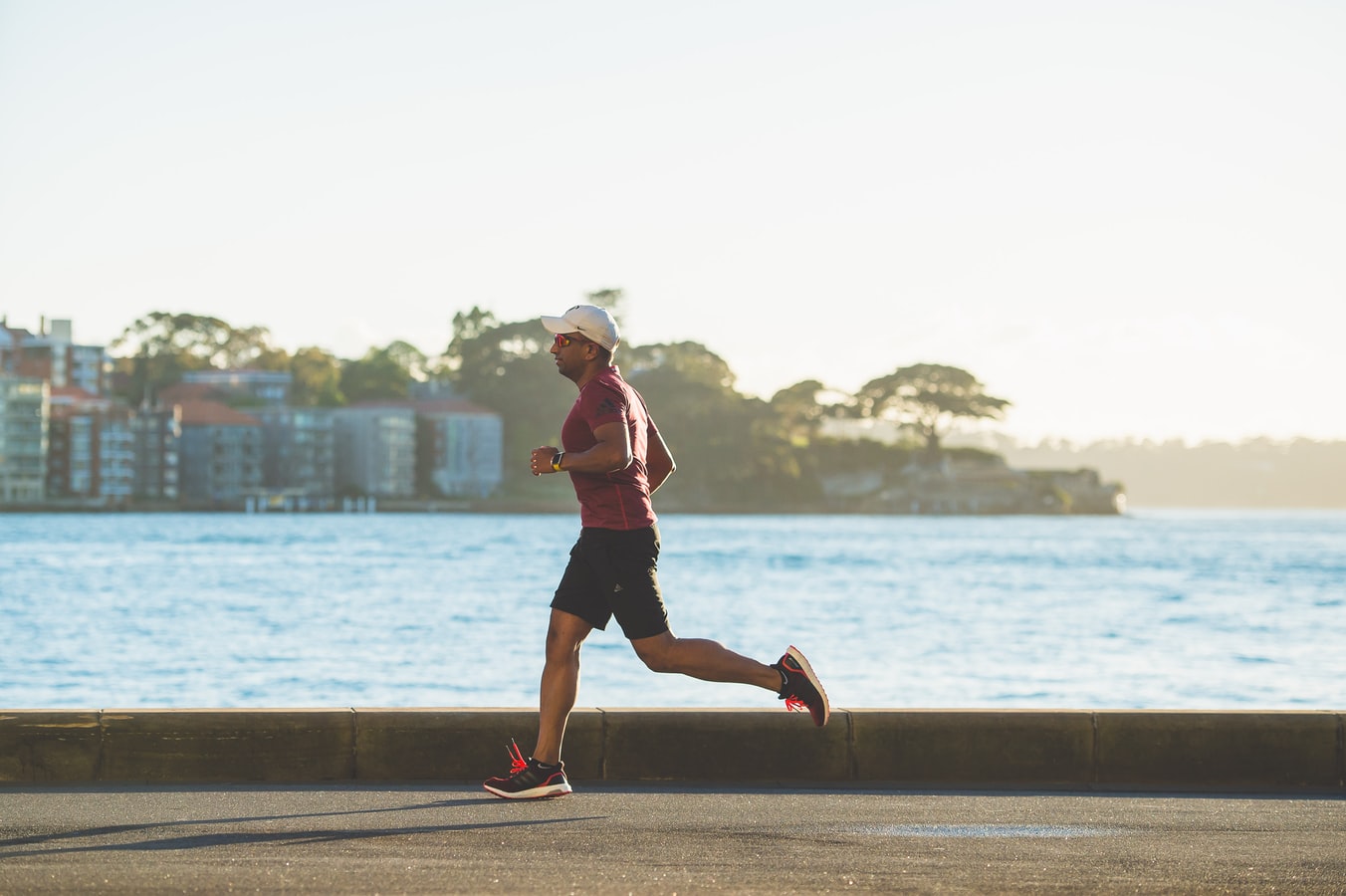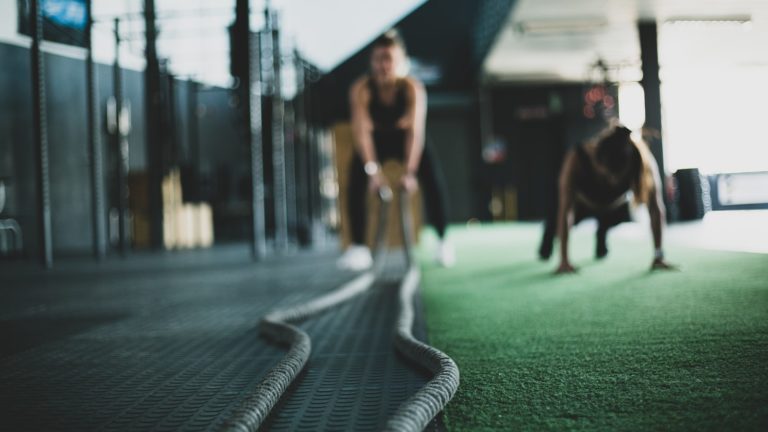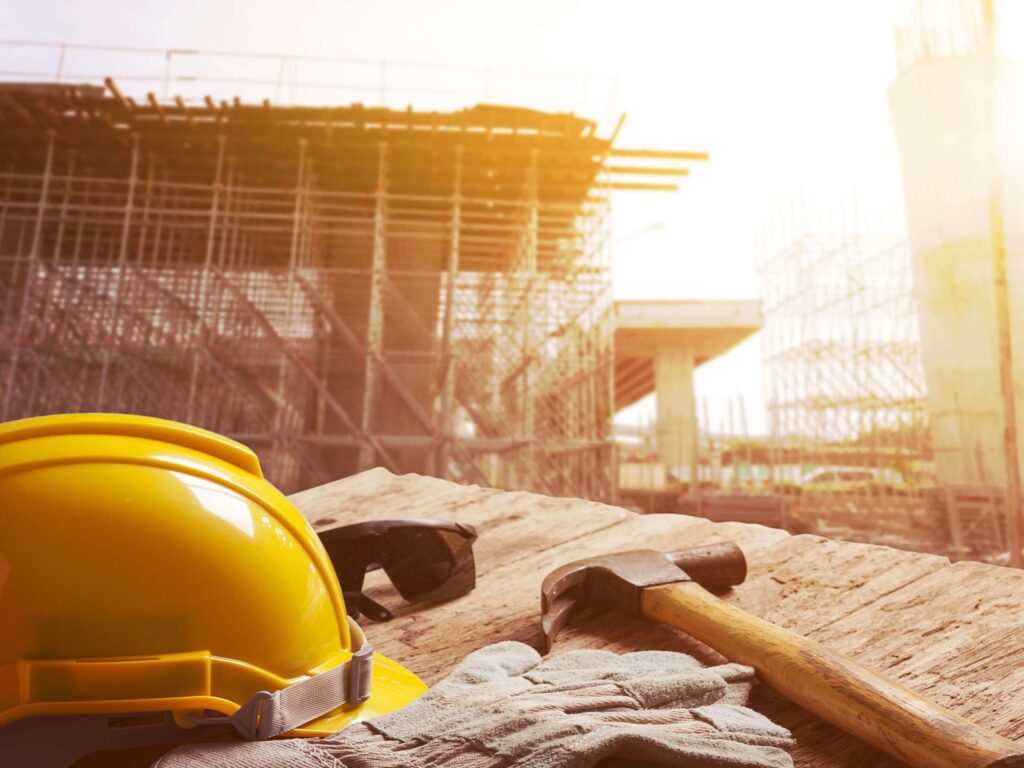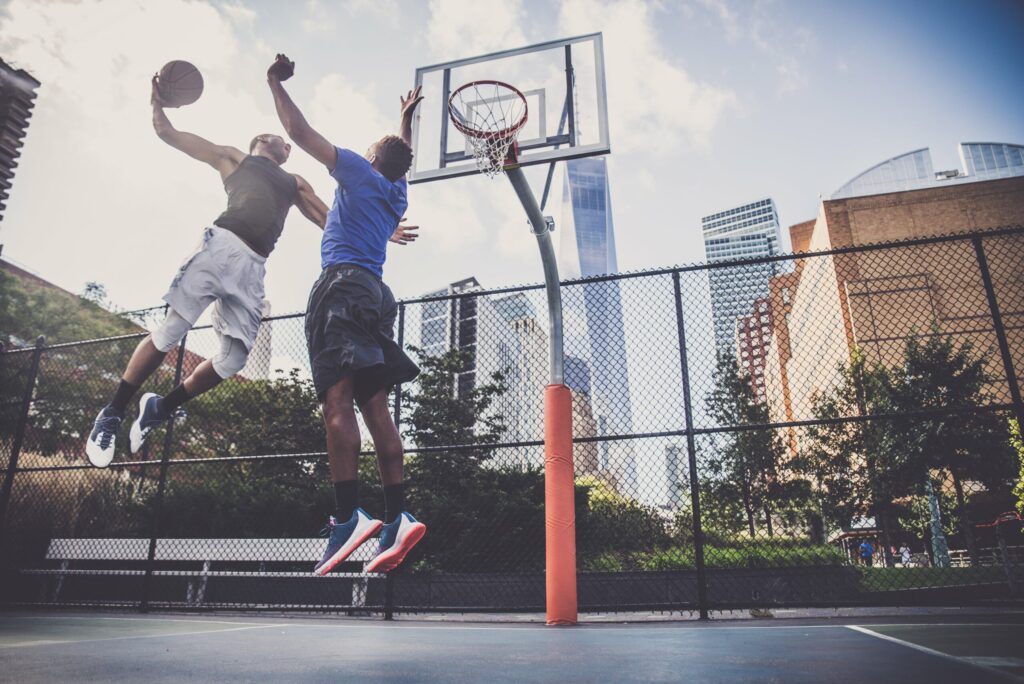At MOTION, we understand that as we get older it becomes increasingly important to take care of our bodies. Whether it’s joint pain, weight gain, high blood pressure, or a variety of other health conditions, we must be vigilant as we get older in addressing our health concerns. And one of the most important and often overlooked areas to monitor is our balance.
The Importance of Balance
Proper balance plays a significant role in one’s physical health. Everyday physical tasks, such as walking, sitting down, getting up, lifting objects, or other simple movements are affected by your balance. Therefore proper balance serves as a key component of maintaining physical stability and injury prevention. Strong physical balance improves your coordination and ability to quickly react to sudden slips, falls, or changes in direction. It keeps muscles and joints properly aligned and improves core strength. It develops muscle coordination during exercise and can increase athletic performance. Thus proper physical balance is important to monitor as it plays a vital role in one’s health.
Consequences of Poor Balance
Just as there are numerous benefits to proper balance, poor balance can have negative consequences. Below is a list of symptoms of poor balance:
- Headaches and dizziness.
- Increased likelihood slips and falls.
- Increased risk of injury from falls
- Blurred vision.
- Change in heart rate or blood pressure.
- Difficulty walking or maneuvering.
The consequences of poor balance as we get older also become more severe. Poor balance can mean increased difficulty in doing simple physical tasks, and an accidental slip or fall can lead to a serious injury. Proprioception, or one’s ability to understand the orientation of their body in space, is also shown to deteriorate with aging, which means an increased risk of an accidental fall. Thus as we get older, maintaining proper balance is critical to our physical health.
How Do We Improve Our Balance?
Now that we understand the importance of balance, how can we improve it?
Drinking water and eating healthy can help one maintain a healthy weight. Regular physical activity helps muscles react quicker to a sudden movement or change in balance. Stretching can improve mobility and align joints. Yoga can increase flexibility, ease muscle tension, and increase our awareness of our physical movements.
However, sometimes professional help is needed. At MOTION, a physical therapist can work with you to develop a specific fitness plan to address your needs. They can demonstrate different training techniques and guide you through different exercises that can improve your mobility, balance, and posture. MOTION also provides a unique service called vestibular rehabilitation.
What is Vestibular Rehabilitation?
Poor balance just doesn’t have negative consequences. It can also be a sign of underlying health conditions such as deteriorating vision, vertigo, nerve damage, or a neurological disorder, such as a stroke. However, quite often poor balance can be a result of a dysfunction in your vestibular system.
The vestibular system is a set of sensory organs in your inner ear that helps maintain balance and orientation. If there is damage to this sensory system it can lead to difficulty maintaining balance and equilibrium. As we get older, these sensory end organs can deteriorate.
Vestibular rehabilitation therapy is a treatment program used to treat vestibular disorders. During your first appointment with a physical therapist, a personalized treatment plan will be created to help you gain back your ability to balance properly. Research has shown vestibular rehabilitation therapy is effective in combating vestibular disorders and addressing symptoms related to these disorders.
If you feel you are having trouble balancing and would like to come in for a consultation, please contact MOTION today.




